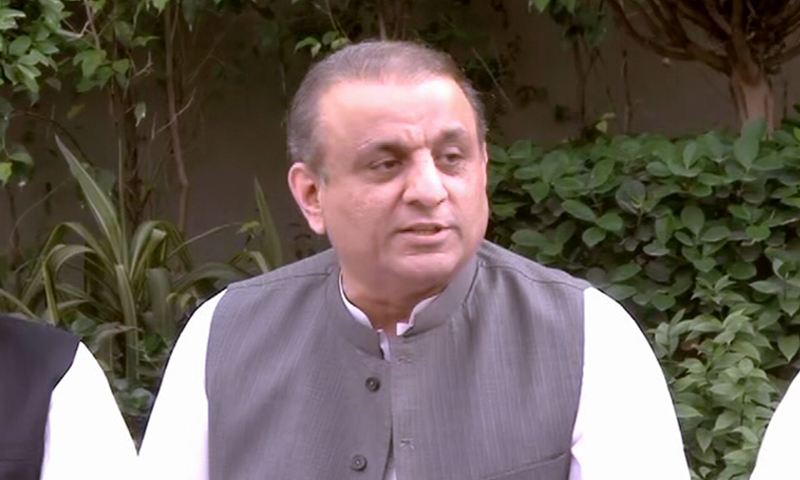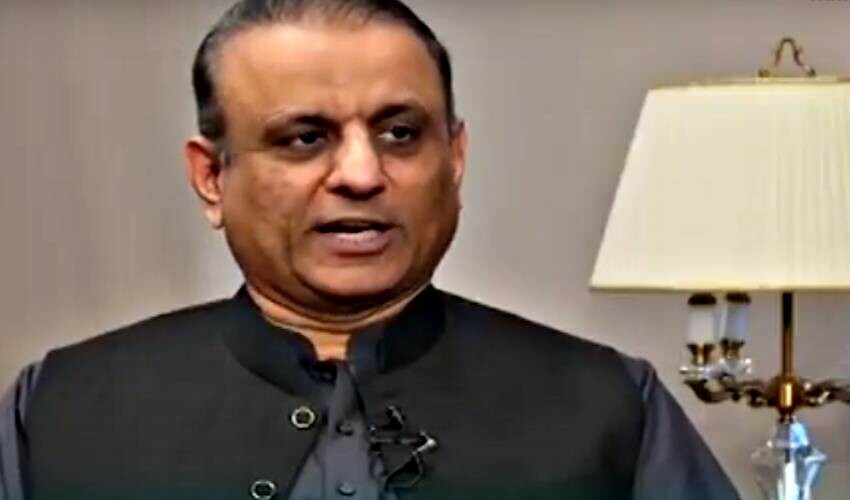ISLAMABAD: Istehkam-e-Pakistan Party (IPP) President Aleem Khan said that the establishment had withdrawn its support from former Prime Minister Imran Khan after realizing that he did not match the image he projected.
He likened this revelation to seeing someone’s true face after their makeup has been washed off.
Aleem Khan accused a group of five individuals of controlling the Punjab government of PTI. This group included the then army chief General (retd) Qamar Javed Bajwa, DG ISI Lt. General (Retd) Faiz Hameed, Farah Gogi (a family friend of Bushra Bibi and Imran Khan), Chief Minister Usman Buzdar, and Principal Secretary to Prime Minister Azam Khan.
IPP President said that this group had connections with a major property developer in Pakistan who guaranteed Faiz Hameed’s appointment as the next chief.
He also asserted that Imran Khan had a “long plan” to keep holding power by making Faiz Hameed the army chief and extending his tenure if re-elected.
Regarding corruption, Aleem Khan said that Imran Khan was well aware of the embezzlement that occurred during the Buzdar government’s tenure.
He said that substantial amounts of money exchange for transfers and postings. Imran Khan either turned a blind eye or was influencing by some unknown force.
He expressed surprise that former Chief Minister Usman Buzdar had not been arrested . Suggest that if arrested, Buzdar might reveal the details of corruption.
He also level similar accusations against Farah Gogi. Claiming that she might disclose how much corruption money went to Imran Khan.
Aleem Khan also accused Pervez Elahi of accumulating wealth during his brief tenure as Chief Minister of Punjab. He claims that Elahi had made a U-turn on becoming the Pakistan Democratic Alliance’s (PDM). Candidate for Chief Minister after a call from Lt. General Faiz Hameed.

Khan acknowledge that he had no regrets about the money or effort he spent on the PTI. Believing that it was for the betterment of the country.
However, he expressed disappointment in Imran Khan for appointing incompetent people. Who remained loyal to him rather than placing capable individuals in leadership positions.


